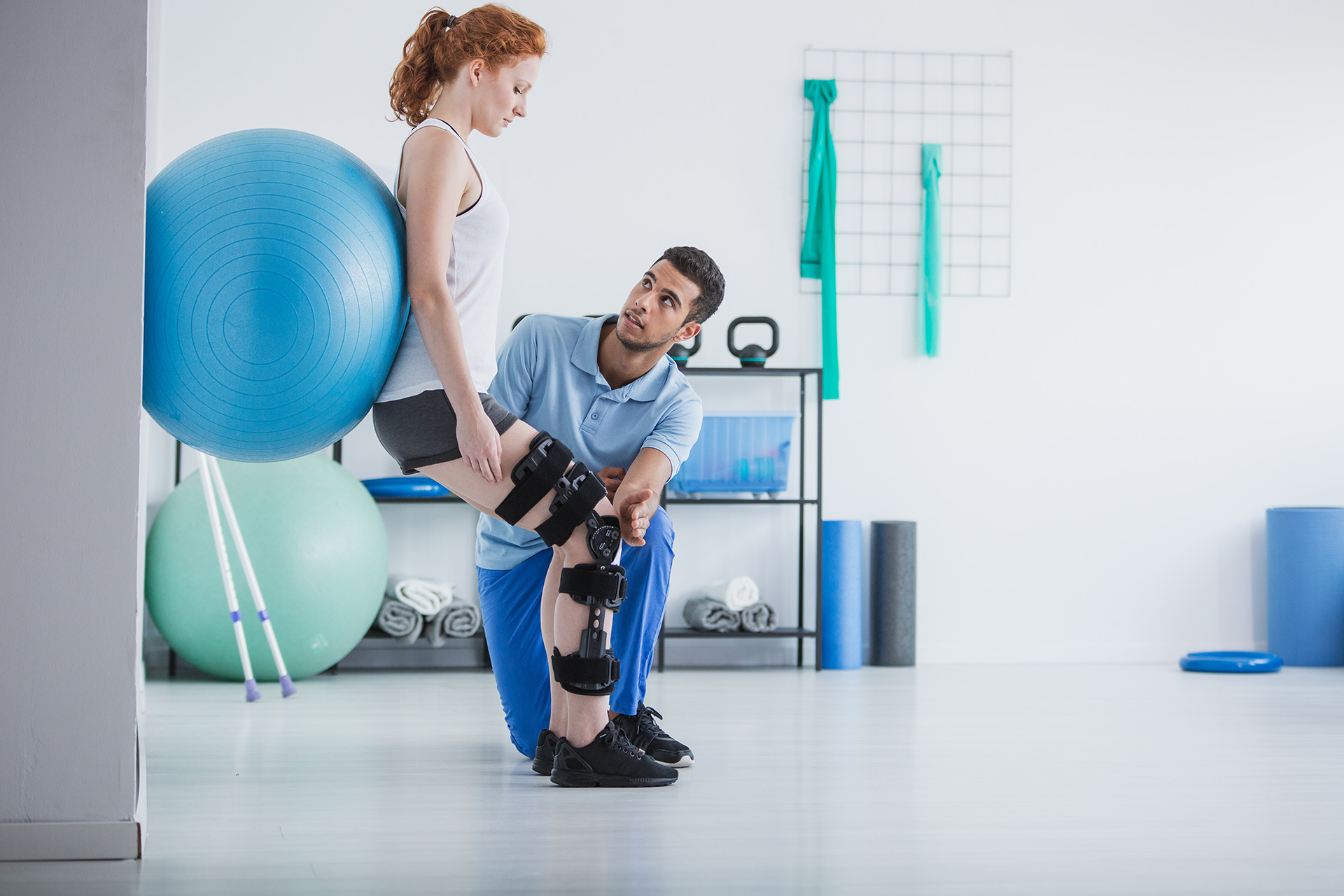In today's fast-paced world, the relationship between our mental and bodily health has become increasingly obvious. As growing evidence backing the impact of physical health on emotional health, physical therapy emerges as a vital resource for those not only recovering from injuries but also improving their overall quality of life. By incorporating physical rehabilitation strategies, individuals often find relief from chronic pain, improved mobility, and reduced anxiety, all of which contribute to a healthier mindset.
For many, the process into physical therapy may feel daunting. Questions about what to expect and how it can aid in pain management and injury recovery often come up. However, physical therapy offers so much more than just recovery from injury; it is a pathway to wellness that addresses chronic conditions, improves athletic performance, and fosters independence as we age. Whether you are a experienced athlete or someone seeking relief from everyday aches, understanding the various benefits of physical therapy is the initial step toward embracing a healthier, more active life.
Understanding Physiotherapy

Physiotherapy is a medical discipline concentrating on the evaluation and management of physical impairments, functional deficits, and disabilities. It uses various techniques such as manual therapy, exercises, and modalities to help clients restore movement, relieve pain, and improve overall physical function. It is often pursued following traumas, surgeries, or health issues that impact movement and life quality.
One important feature of physical therapy is its customized approach. go to this website is tailored to the specific needs and objectives of the individual, taking into consideration their health background, present state, and individual goals. This customized care encourages a more effective recovery process, covering both the physical and psychological aspects of healing.
Additionally, physical therapy plays a crucial role in averting future injuries and improving physical performance. By teaching see this site on correct posture, ergonomics, and fitness methods, physical therapists enable individuals to take an active role in their health. This preventive focus not just assists individuals recover from injuries but also supports long-term wellness and enhances overall mental well-being.
Advantages of Physiotherapy for Psychological Well-being
Physical therapy offers countless advantages that surpass the physical aspects, greatly affecting psychological well-being. Participating in consistent fitness activities through tailored therapy sessions can increase endorphin production, which are biological mood lifters. This increase in mood-enhancing substances can help alleviate signs of anxiety and depression, encouraging an all-around sense of health. Furthermore, the systematic nature of rehabilitation provides a sense of routine and success, which is particularly advantageous for those struggling with psychological challenges.
Additionally, physical therapy can serve as a valuable resource for boosting mindfulness and lessening tension. Several therapy practices utilize techniques that help patients to pay attention on their physical state and respiration, cultivating a connection between mind and body. This form of awareness can help individuals handle stress more efficiently and develop a broader understanding of their physical and emotional states. As clients improve and recover strength, the self-assurance gained can translate into enhanced self-esteem and perseverance, forming a virtuous cycle for mental health.
Furthermore, the social aspect of physical therapy can play a critical role in improving mental health. Engaging in navigate to this website or collaborating with a physical therapist promotes social engagement, reducing feelings of isolation and solitude. Building connections within the therapy environment creates a community that supports emotional bonding, sharing of experiences, and motivation. Overall, the comprehensive approach of physical therapy not only assist rehabilitation but also considerably improves psychological well-being gains.
Physical Therapy Methods and Approaches
Physiotherapy encompasses a varied array of methods and strategies tailored to individual requirements. Hands-on therapy is one of the primary methods, which involves direct techniques aimed at decreasing discomfort and improving movement. Practitioners employ their manual skills to manipulate joints and soft tissues, relieving stress and improving function. This approach is especially beneficial for issues such as back pain, neck pain, and various musculoskeletal disorders.
Additionally, another fundamental aspect of physical therapy is the implementation of therapeutic exercises. These activities are specifically crafted to enhance strength, endurance, range of motion, and balance. Depending on the individual's condition, a physical therapist will design a personalized exercise plan that progressively challenges the physical condition while maintaining security and effectiveness. This structured regimen not only aids in healing from trauma but also contributes to total wellness and prevents future problems.
Moreover, techniques such as electrical therapy, ultrasound, and thermal therapy are utilized to complement other treatments. These methods can assist alleviate pain and inflammation, speed up recovery, and improve the effectiveness of rehabilitative activities. When integrated effectively, these methods form a comprehensive approach that tackles both physical and mental health, demonstrating the profound relationship between physical function and mental health.
